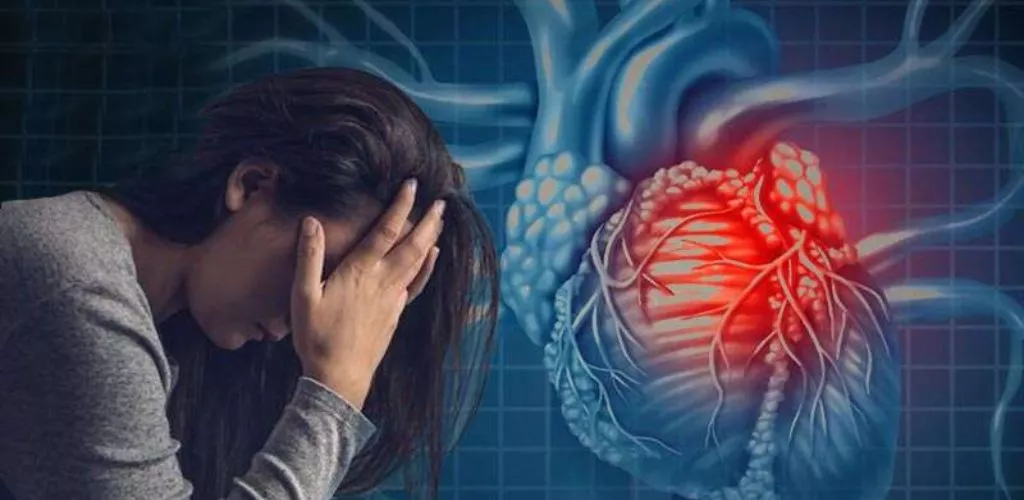Head and Neck Cancer is an umbrella term used to describe a variety of malignant tumours that develop in the mouth, ears, nose, throat, voice box, salivary glands, and tongues. Although not many of us are familiar with the term, head and neck cancers contribute to an alarming thirty per cent of India’s total cancer population.
Despite being repeatedly reminded that tobacco and alcohol can wreak havoc on our bodies, we are not mindful of the prolonged ill effects of such substances. From the cigarette package to theatre advertisements: we are cautioned about tobacco’s adverse effects. Still, we are unaware that it contributes to most head and neck cancers in India.
The symptoms of head and neck cancers vary according to the body parts it affects. Usually, the warning signs appear as a colour variance in the tongue or cheek, swellings or ulcers, loss or change in the voice (hoarseness), tumours, persistent pain in the throat and difficulty swallowing food and liquids.
To an extent, head and neck cancers can be prevented by making healthy lifestyle choices. Tobacco products such as cigarettes, beedi, and chewable tobacco are the mega villains behind most head and neck cancers. Alcoholism can also contribute to head and neck cancers, says Dr. Mayuri. Apart from these two, chronic sores can also lead to certain types of head and neck cancers. When a sharp tooth is rubbing abrasively against your cheeks or gums, you should get them checked by a dentist. These sores would not get healed since the cause is persistent. So, we have to fix our teeth first to resolve this. Although very rarely, the human papillomavirus can also lead to head and neck cancers. This virus can contract people through oral sex. However, there are vaccines available against papillomavirus infection.
A person who consumes alcohol and tobacco should get an oral cavity examination annually. If any suspicious sores or lumps are found, we should also run a biopsy. Dr. Mayuri strongly recommends oral cavity examinations since early diagnosis is directly linked to a speedy recovery and successful treatment. Consulting an experienced oncologist in Kochi Kerala can help in early detection and personalized treatment planning.
When the cancer is identified in the early stage, the patient can most probably recover through surgery. Follow-up treatment is based on the pathology report of cancer. The follow-up treatments usually compromise radiation therapy and chemotherapy. If it is in the advanced stages, the usual treatment protocol includes a combination of chemotherapy and radiation.
If cancer has metastasized to other parts of the body, doctors opt for a combination of palliative chemotherapy, target therapy, and immunotherapy. Only your doctor can decide which treatment provides the optimum results for the patient. The treatment plan for head and neck cancers is decided by a team of experts consisting of a head and neck surgical oncologist, medical oncologist, radiation oncologist, pathologist, radiologist, and nuclear medicine specialist. Seeking care at the best oncology Hospital in Kochi ensures that such multidisciplinary expertise is available under one roof.
Besides having a healthy lifestyle, abstinence from tobacco products and alcohol is critical for head and neck cancer prevention, adds Dr. Mayuri Rajapurkar - Consultant in Head and Neck Surgery at Aster Medcity Hospital, Kochi, a leading cancer Hospital in Kochi. Small baby steps toward a healthy lifestyle can get you far in cancer prevention. So, think about your lifestyle choices today!






